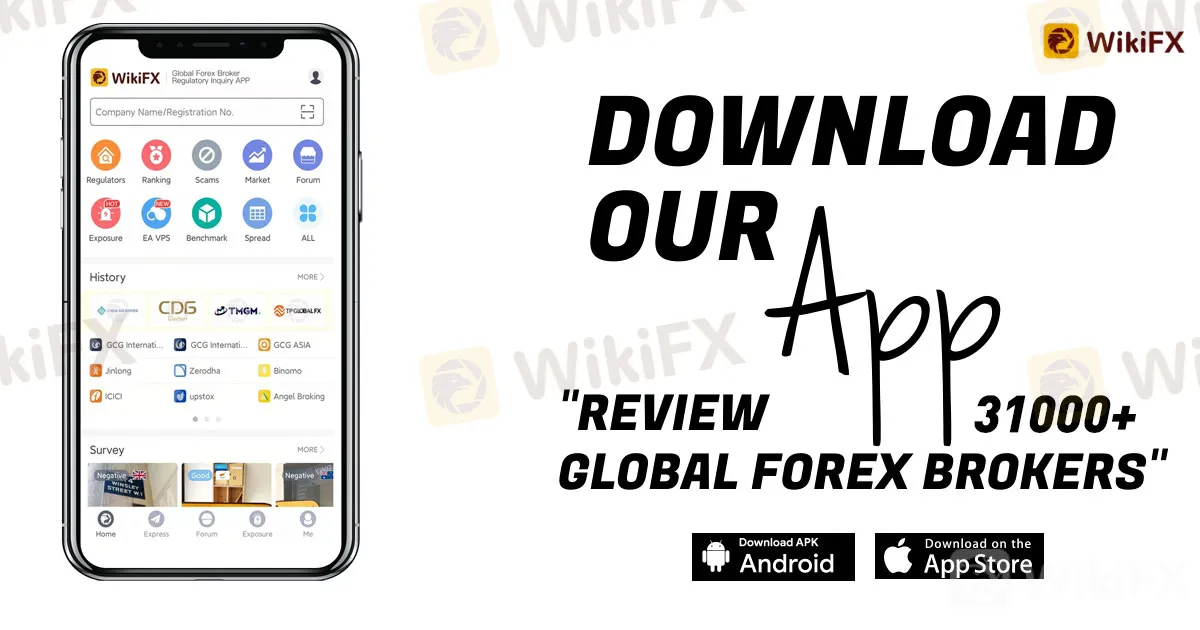简体中文
繁體中文
English
Pусский
日本語
ภาษาไทย
Tiếng Việt
Bahasa Indonesia
Español
हिन्दी
Filippiiniläinen
Français
Deutsch
Português
Türkçe
한국어
العربية
The UK Dominates the CFD Market. Number of Traders Up by More than 90%
Abstract:The City of London is not only the heart of European Finance but also global finance. London on the map of the Forex market is one of the most important hubs, which every day processes transactions worth trillions of pounds. In addition to the thriving professional industry, retail trading is developing very actively, mainly based on Contracts for Difference (CFDs).

275,000 Britons placed one or more leverage trades (up 92% from pre-pandemic levels)
The average UK CFD traders credited over $7,000 to their account each month
The UK is the birthplace of spread-betting (a leveraged product very similar to CFDs). Last year around 275,000 people traded at least one of these instruments in the UK, putting the UK at the forefront of the retail industry.
Finance Magnates Intelligence has x-rayed the local market, looking at investor structure, average deposits flowing into accounts and the most prominent operating brokers.
The UK Is the World's 5th Largest Economy
Great Britain is the fifth-largest national economy in the world measured by nominal gross domestic product (GDP), constituting 3.3% of world GDP. The UK is also one of the world's top five exporters.
Historical fun fact: In the 18th century, Great Britain was the first country to start the process of industrialization. Thanks to the expansive growth of its colonial empire, it accounted for 10% of global GDP at that time.
Just as the UK economy is one of the largest globally, the national currency, the pound sterling, is one of the most important reserve currencies. It is second only to the US dollar, the euro, and the Japanese yen.
According to the Bank of England's latest triennial report on the FX market, daily foreign exchange trading volumes in London stood at $2.41 trillion in April 2020. A similar report published a year earlier by the Bank for International Settlements (BIS) showed that London and the UK as a whole was (like in previous years) the most important foreign exchange centre in the world, clearly ahead of the US, Hong Kong and Singapore, among others.
FCA: One of the Most Important Regulators in the FX and CFD Industry
Did you know that one of the first central banks was opened in the UK (the Bank of England)? The islanders have a very long tradition regarding legislation and regulation of financial markets. The Financial Conduct Authority (FCA), which is responsible for regulating the retail derivatives industry, among other things, was created based on their tradition.
Although the FCA was only established in 2013, it draws on a long-standing tradition of the Financial Services Authority (FSA). It is currently responsible for regulating around 51,000 financial firms operating in the UK. Among them are many retail brokers that represent the top of the FX/CFD industry in retail volumes.
According to the latest Finance Magnates Intelligence research, these include Exness, IG Group, Plus500, and CMC Markets. If you would like to see the full breakdown and exact numbers, do not miss the latest edition of the Quarterly Intelligence Report.

Disclaimer:
The views in this article only represent the author's personal views, and do not constitute investment advice on this platform. This platform does not guarantee the accuracy, completeness and timeliness of the information in the article, and will not be liable for any loss caused by the use of or reliance on the information in the article.
Read more

Blockchain Decentralization: Empowering a Trustless Future
In recent years, blockchain technology has rapidly evolved from a niche innovation behind Bitcoin into a transformative force across industries. At its core, blockchain decentralization refers to the distribution of authority and decision-making away from a central entity and into the hands of a distributed network of participants. This shift redefines how data is stored and verified and paves the way for trustless, transparent, and resilient systems that challenge traditional centralized models.

The president of @Liberland, @Vít Jedlička come on stage, dialogue on trading security.
The 2025 WikiEXPO Hong Kong Station is about to grandly open. the president of @Liberland, @Vít Jedlička come on stage, dialogue on trading security.

Countdown: 1 day.WikiEXPO2025's first stop, Hong Kong, is about to open.
⏰ Countdown: 1 day. WikiEXPO2025's first stop, Hong Kong, is just tomorrow. Focus on transaction security and explore new investment opportunities. ???? Get ready to start now. See you tomorrow.

JustForex vs JustMarkets: A Comprehensive Comparison in 2025
Selecting the right forex broker can make the difference between trading success and frustration for most investors, especially retail investors. As retail traders gain unprecedented access to global markets, the choice between platforms like JustForex and JustMarkets becomes increasingly significant. Both brokers offer some shining features within the forex and CFD trading space, but their approaches differ in some areas.
WikiFX Broker
Latest News
TradingView Brings Live Market Charts to Telegram Users with New Mini App
Trump tariffs: How will India navigate a world on the brink of a trade war?
Interactive Brokers Launches Forecast Contracts in Canada for Market Predictions
Authorities Alert: MAS Impersonation Scam Hits Singapore
Stocks fall again as Trump tariff jitters continue
INFINOX Partners with Acelerador Racing for Porsche Cup Brazil 2025
Regulatory Failures Lead to $150,000 Fine for Thurston Springer
April Forex Trends: EUR/USD, GBP/USD, USD/JPY, AUD/USD, USD/CAD Insights
March Oil Production Declines: How Is the Market Reacting?
Georgia Man Charged in Danbury Kidnapping and Crypto Extortion Plot
Currency Calculator







